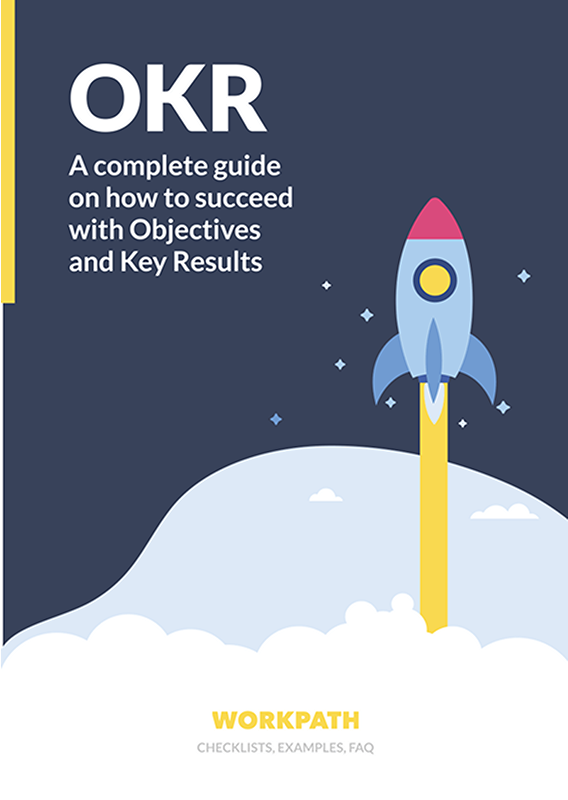Objectives and Key Results (OKRs) are changing how companies define and communicate success. Fundamentally, OKRs will always work best if you keep them as minimal and as focused as possible. In fact, trying to include everyone in them isn’t always the right approach, and leaving some out of scope is nothing to be worried about.
My experience in setting personal OKRs
During the past few months, I’ve helped a number of clients get up and running with OKRS. For me, this means working with the board to help them define their vision and strategy, or going straight to clarifying their priorities. Either way, the outcome is a set of business-level OKRs which the business can get behind.
However, there are a number of fundamental questions that need to be answered before OKRs can get up and running – you could actually say there’s a piece of design work needed first to clarify the who, how and when around the running of OKRs across the business.
One of the questions that needs answering at this stage is: Should everyone have their own personal OKRs? I would argue no. Here’s why.
Understanding OKRs as a point of focus
In a world of ever decreasing resources and ever increasing distractions, business-level OKRs provide a way to focus teams and individuals on driving business growth and change. This means keeping their aims clear, sharp and fully understood, avoiding the temptation to dilute any more than is absolutely necessary.
Therefore, you need to decide which roles have the ability to drive growth and change, and which don’t. Once you’ve done this, only include those roles that can affect change in OKRs.
This might sound like I’m suggesting you ignore some roles, perhaps even exclude them from any performance management. I’m not.
Why OKRs don’t work for everyone
There are some organisational roles which exist to keep your company running like a well-oiled machine. Admin and finance are good examples. They might not have the opportunity to increase revenue directly, but they do perform important tasks which, if suddenly halted, would cause the business to grind to a halt.
I call them ‘rocks’. Everyone depends on these roles, and they are often filled by people who are motivated by doing a good day’s work. So how can you manage a rock’s performance?
This is where Health Metrics or Key Performance Indicators (KPIs) come in useful. If rocks can be set a KPI and own it, you can use an overall dashboard to keep track on progress and engage with individuals through regular check-ins to further discuss areas for improvement.
There are a couple of situations where a rock might need personal OKRs though. For instance, they may become involved somehow in a business change which will require them to change their working habits (using a new accounts system, for instance) or their health metric may not be hitting its target. These are both good examples of where personal OKRs can benefit business performance.
Perfect performance management using OKRs and other strategies
The difference between OKRs and KPIs is significant, but both have their place in performance management. Now its up to you to decide which approach is most suitable for each individual.
This article was originally published on There Be Giants





